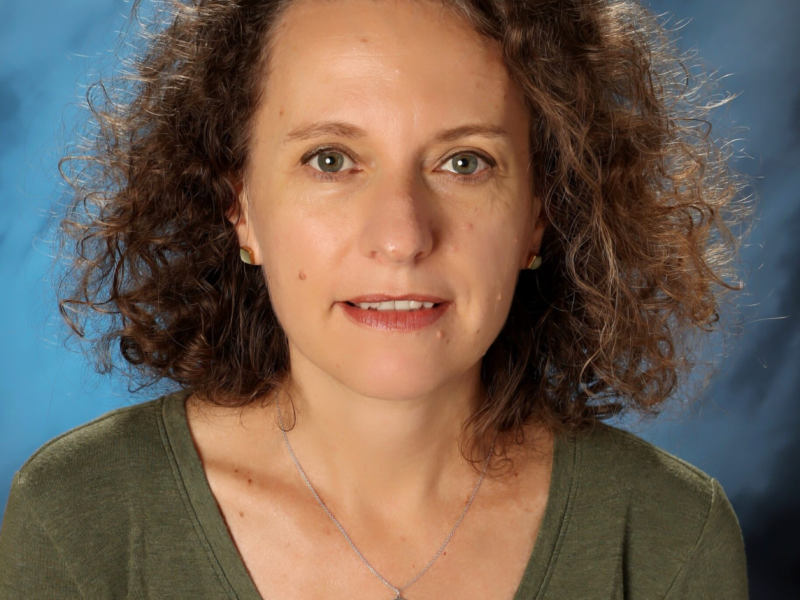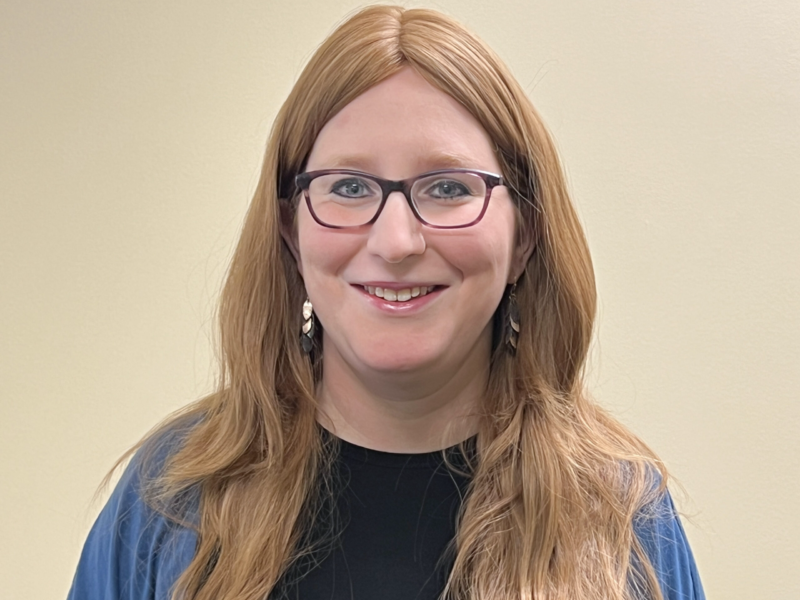Parents of eighth-graders take note – fall is the time to consider where your son or daughter will attend high school next year.
“High school is not that much different from college admissions,” says Meade Thayer, executive director of Pacific Northwest Association of Independent Schools. “Be aware of timelines each school has and make sure you don’t miss deadline dates. Fall of eighth grade is the time to think about high school.”
Many Jewish students in Oregon, including students who graduate from Portland Jewish Academy’s middle school, attend their local public high school.
But public high school may not be the right fit for everyone. PNAIS, which accredits many private schools throughout the Pacific Northwest, offers a search option on its website
(www.pnais.org) to help parents find schools.
And Portland offers a wide array of high schools to fit the needs of diverse students.
“I make sure families are aware there are choices,” says PJA Counselor and General Studies Director Betsy Bailey. “My role is to help them explore their options.”
“The majority go to public schools,” she says, adding that even there she plays a role ensuring students get off on the right foot. She prepares a summary of each student to send to the counselor at his or her new school and advises students to get involved in an extracurricular activity they enjoy to meet people with similar interests. “Our kids recognize they will be prepared academically. Some can’t wait to be in a bigger environment, but some are nervous about going to a school where they won’t know anyone. One strength our kids have is that being from a small school, they know how to talk to teachers and advocate for themselves.”
Bailey says each student is different. Some need or want a setting not available in public settings. PJA graduates who choose not to attend public school have gone on to Catlin Gabel, Oregon Episcopal School, Northwest Academy, St. Mary’s Academy, Jesuit High School, Thomas Edison High School and Riverdale High School.
Though Riverdale is a public school, the school district is small and students from outside the district in the Southwest metro area can pay tuition to attend the high school.
“Riverdale’s small classes feel like a natural transition to a lot of families,” she says.
Another public school that has a smaller feel is the Arts & Communication Magnet Academy magnet school within the Beaverton School District. ACMA is the only stand-alone arts magnet school in Oregon. Students receive a rigorous academic program combined with rich pre-professional experiences in a wide array of artistic disciplines.
“We always have a couple girls go to St. Mary’s,” she says of the all-girl school. “They love our girls. And our families love their strong focus on values. They feel their daughters have strong Jewish identities that won’t be shaken (by attending a Catholic school).”
Located in Southwest Portland, Catlin Gabel School is an independent, nonsectarian, coeducational day school serving more than 700 students in preschool through grade 12. Catlin Gabel is a three-time recipient of the Presidential Award for Excellence in the Teaching of Mathematics and Science.
OES is a pre-K-12 college preparatory independent school that serves about 840 students from the Northwest and around the world. The school offers small classes, superb faculty and individualized education.
Located in the heart of Portland, NW Academy is an independent private school for grades six through 12, committed to education through academics and the arts. The academy offers motivated and talented students programs that emphasize and value creative thinking, individual choice, academic rigor and self-discipline, taught by master teachers and professionals active in their fields.
The Pacific Torah Institute is a yeshiva for high school and post-high school aged boys. An affiliate of Chofetz Chaim Yeshiva, Pacific Torah Institute and is located in Vancouver, BC.
Founded in 1956 in Portland, Jesuit High School is a non-profit, coeducational college-preparatory school for grades 9-12.
Bailey says all those schools have attracted PJA students. She also sometimes recommends families consider Thomas Edison, a small school on the Jesuit campus that caters to students with learning differences.
Thayer and Bailey both recommend parents spend time evaluating their children’s strengths, interests and needs.
“Just as each school is unique, so each child possesses differing needs and desires,” says Thayer. “How competitive or supportive an academic setting is desirable? Is remedial help needed in certain areas? Does your child perform better in a structured or relaxed environment? Would your child be more comfortable in a single-sex or a coed school? Is a day school or a boarding school setting a better environment? What are your child’s favorite subjects, activities, sports?”
Bailey says it is important to know how to look at a school’s website, but it is equally important to visit schools and get your own sense of the environment and to talk to students, parents and staff.
“Don’t look just at the official literature,” Bailey says. “Walk around. See how students and teachers greet each other. What’s on the bulletin boards?”





